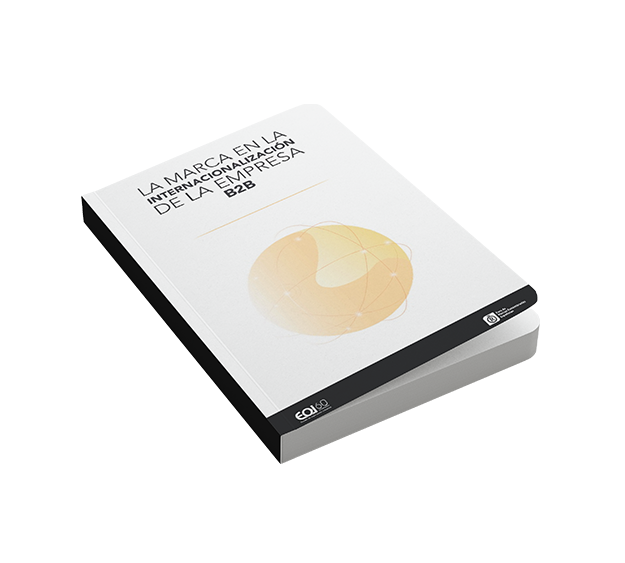Context
The process of internationalisation of the Spanish economy has experienced a considerable boom in recent decades. In fact, during the last years of the economic crisis, the foreign sector was the protagonist of the best news of the Spanish economy and served as a lifeline for many companies. Today, few people doubt that this international expansion should be a strategic and not a circumstantial bet for Spanish companies, whatever their sector. In a context of progressive globalisation of the
economy and technology, entry barriers to different markets are increasingly lower and the competitors of Spanish companies are increasingly global. At the same time, we are witnessing a process of "commoditization", which means that there is an excess of supply and that products and services are more similar. In this context, Spanish multinationals cannot focus their strategy on price. And not even in quality, since today it is considered a basic factor and is no longer a differential factor.
What will you learn
After several years of recession, the Spanish economy presented positive growth for the first time in 2014, when it increased by nearly 1%. In any case, despite this upturn in the economy, the data for the period 2010-2014 show that the national GDP contracted by 2.1%. One of the clearest effects of the crisis was the opening up of many companies abroad in response to the stagnation of domestic demand during these years. In this way, the internationalisation of Spanish companies, either by conviction or forced by circumstances, is a reality that is now irreversible and constitutes one of the main engines of the economy.

Analysis Model
Who made it possible
- Noemi de la Fuente
- Nuria Ayala
- Valentin Garcia
- Senén Bernardez
Download the report

